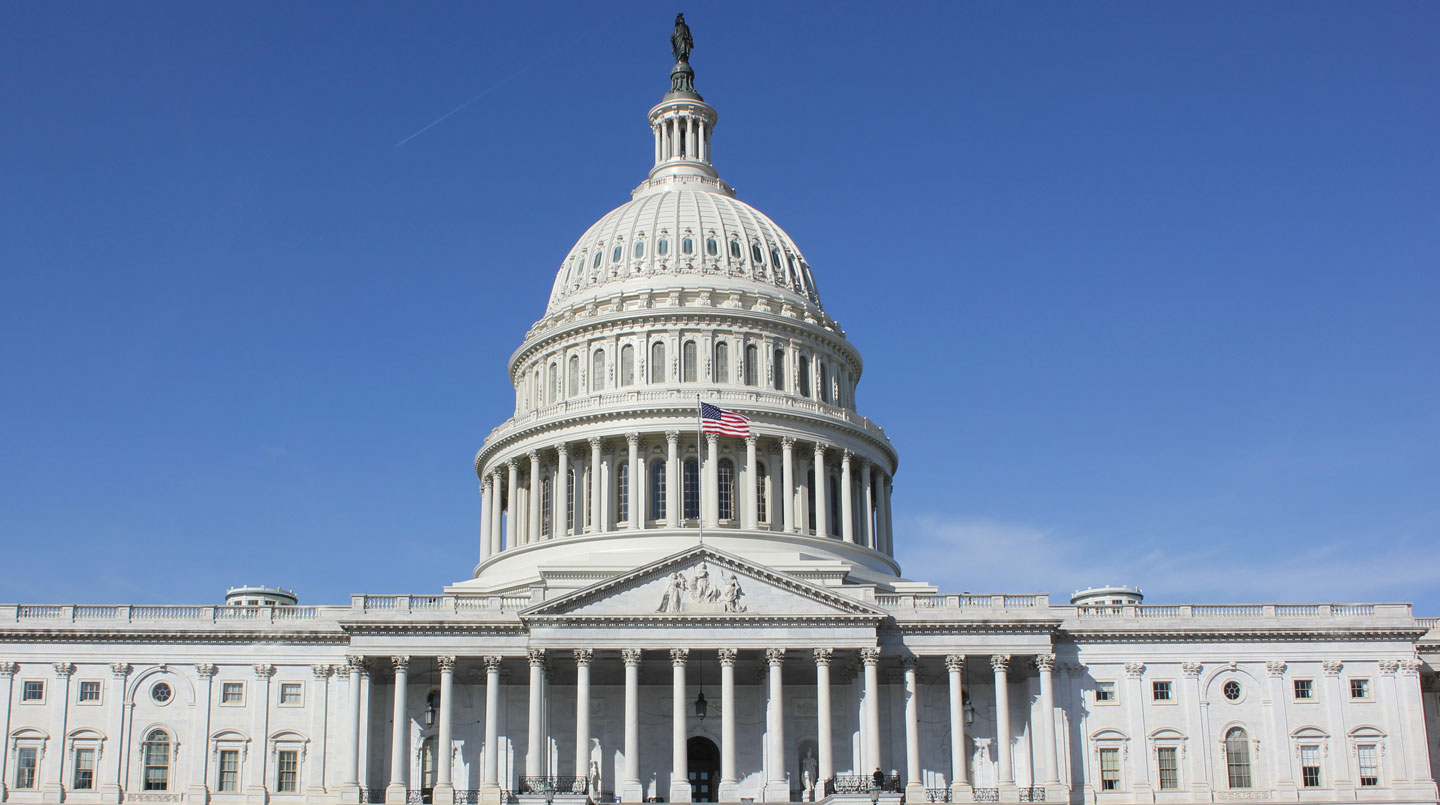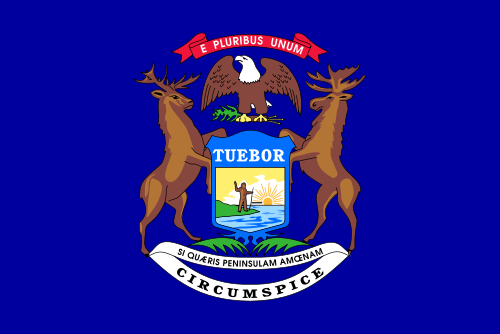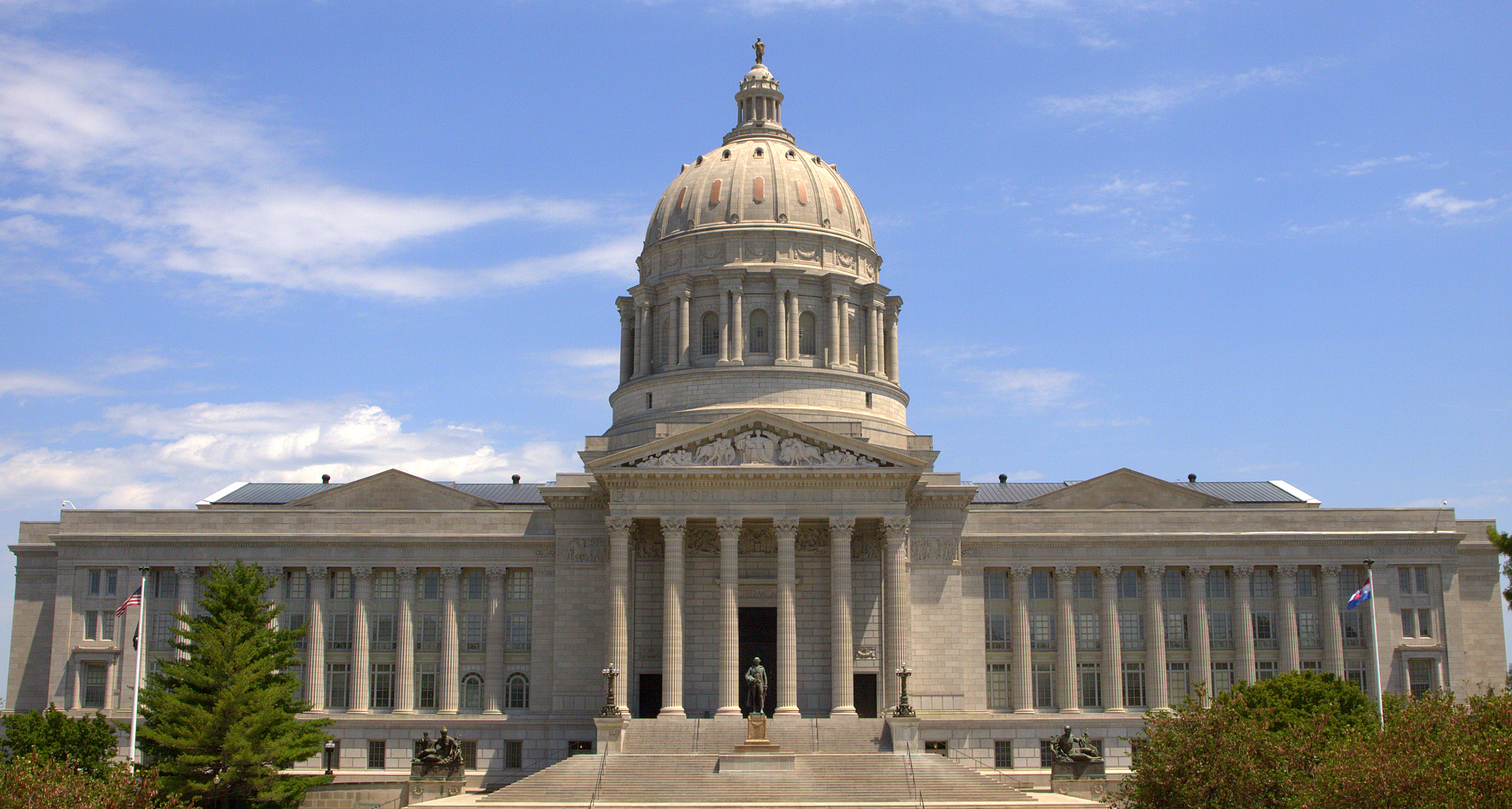Category: 2022 elections
-
Six candidates are running in the Republican primary for governor of Michigan

Six candidates are running in the Republican primary for governor of Michigan. Four candidates—Tudor Dixon, Ryan Kelley, Kevin Rinke, and Garrett Soldano—lead in fundraising and polling. The winner of the primary will face incumbent Gov. Gretchen Whitmer (D) in the November general election. Dixon is a former news anchor for America’s Voice News. Dixon called…
-
Davis defeated Collins in Illinois’ 7th Congressional District on June 28, 2022

Incumbent Danny K. Davis, Kina Collins, and Denarvis Mendenhall ran in the Democratic primary for Illinois’ 7th Congressional District on June 28, 2022. Davis, who has represented the district in Congress since 1997, won the primary with 52.3% of the vote. Collins received 45.3% of the vote, and Mendenhall received 2.4%. Davis focused his campaign…
-
Former U.S. Rep. Matt Salmon withdraws from Arizona governor’s race

Former U.S. Rep. Matt Salmon withdrew from the Republican primary for governor of Arizona on June 28, 2022, saying that “primary voters deserve more than having their votes split.” Salmon endorsed Karrin Taylor Robson the following day. Club for Growth and FreedomWorks had endorsed Salmon, along with U.S. Sens. Ted Cruz (R-Texas), Lindsey Graham (R-S.C.),…
-
Michigan sees 4.08 candidates per district, a decade-high

The filing deadline for candidates running for Congress in Michigan this year was April 19, 2022. Fifty-three candidates are running for Michigan’s 13 U.S. House districts, including 28 Democrats and 25 Republicans. That’s 4.08 candidates per district, a decade-high, and up from the 3.93 in 2020 and 3.64 in 2018. Here are some other highlights…
-
Ranked-choice voting campaign submits signatures for Nevada ballot

On June 29, the Nevada Voters First campaign submitted signatures to qualify for the Nevada ballot this November. This came on the day after the Nevada Supreme Court ruled that the initiative may proceed to the ballot. The Nevada Supreme Court ruled in favor of Nevada Voters First. The challenge to the ballot initiative, filed…
-
Incumbent Michael Guest defeated Michael Cassidy in Mississippi’s 3rd District Republican Party primary runoff

Incumbent Michael Guest (R) defeated Michael Cassidy (R) in the Republican Party primary runoff in Mississippi’s 3rd Congressional District on June 28, 2022. Guest, who has represented this district in Congress since 2019, won with 67.4% of the vote while Cassidy received 32.6%. In the first round of the primary on June 7, Cassidy received…
-
Mullin and Shannon advance to Aug. 23 special runoff for U.S. Senate in Oklahoma

Markwayne Mullin and T.W. Shannon advanced to an August 23, 2022, Republican primary runoff in the special U.S. Senate election in Oklahoma. Neither received the majority of the primary vote needed to win outright on June 28. Ten candidates ran in the primary. The special election will fill the rest of the six-year term left…
-
Missouri redistricting commission enacted new state House boundaries on January 19

The House Independent Bipartisan Citizens Commission unanimously approved new state House district boundaries on January 19. Fourteen of the commission’s 20 members were required to approve the plan. Two distinct politician commissions are responsible for state legislative redistricting in Missouri—one for the state Senate and another for the state House of Representatives. To form the…
-
Missouri Judicial Redistricting Commission enacted new state Senate boundaries in March

Missouri completed its legislative redistricting on March 15 when the state’s Judicial Redistricting Commission filed new state Senate district boundaries with the secretary of state. Two distinct politician commissions are responsible for state legislative redistricting in Missouri—one for the state Senate and another for the state House of Representatives. To form the Senate commission, the…
-
Missouri enacted new congressional boundaries in May

Missouri enacted new congressional district boundaries on May 18 when Gov. Mike Parson (R) signed them into law. According to Rudi Keller of the Missouri Independent, “No change in the partisan makeup of the Missouri delegation, currently six Republicans and two Democrats, is expected as a result of the map.” Keller also wrote, “nine counties…shifted…

